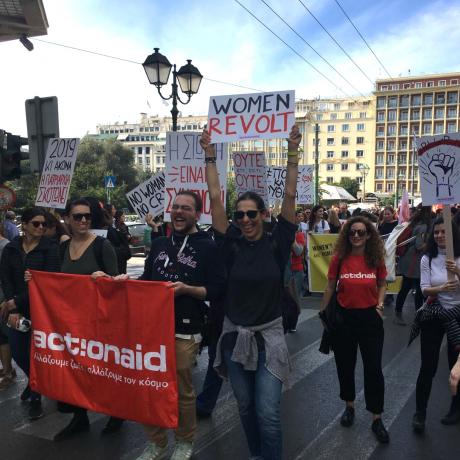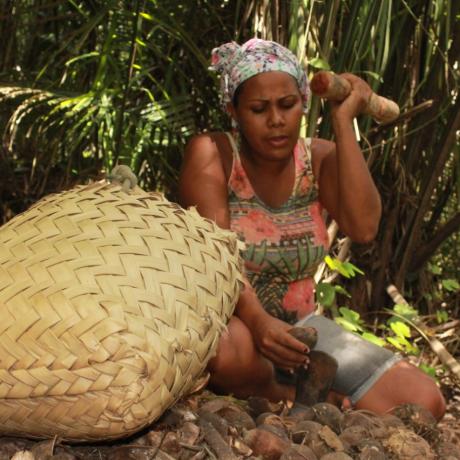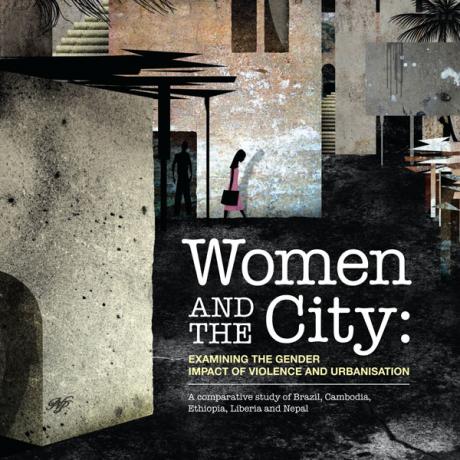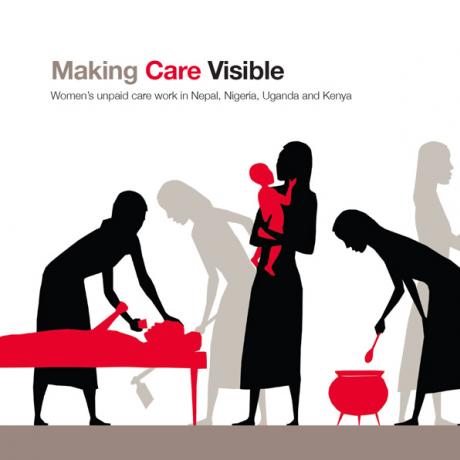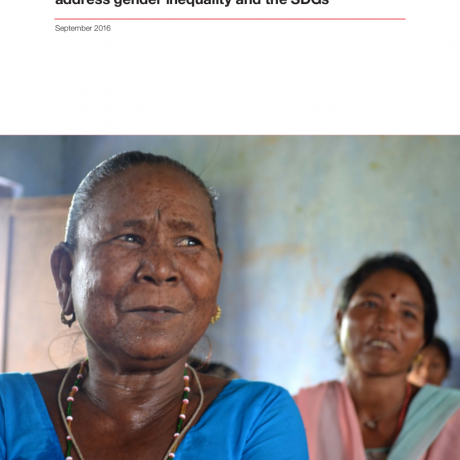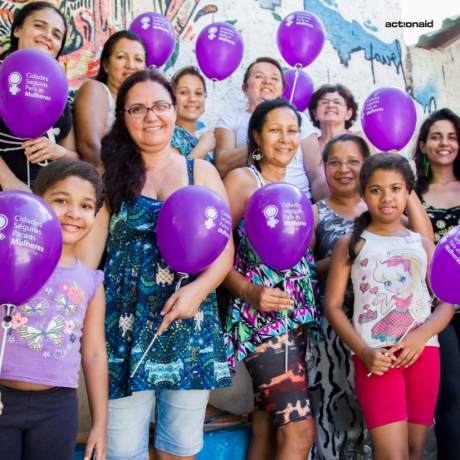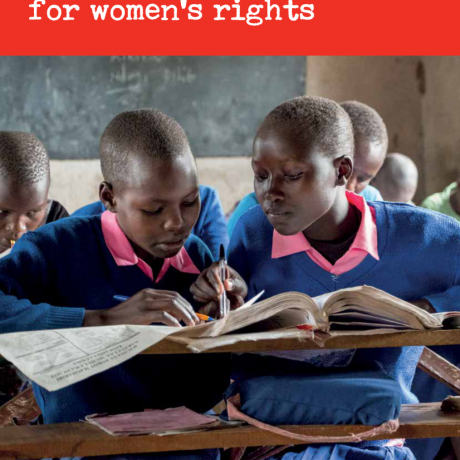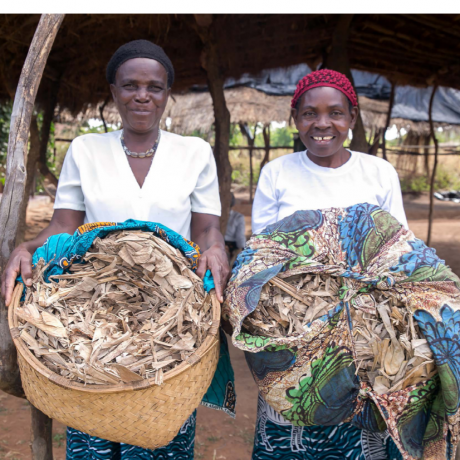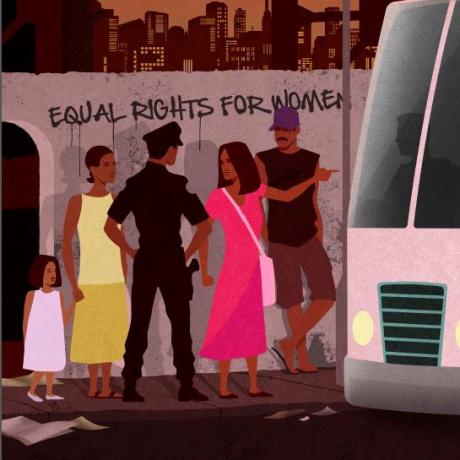Collect more – and more fairly?
Long-term funding is needed in developing countries to provide quality, gender-responsive public services.
10 steps towards a UN binding treaty with a feminist perspective
This document outlines the ten steps required to deliver a binding treaty with a feminist perspective.
Public policies that advance or hinder rural women’s and young people’s livelihoods and climate justice for all
ActionAid seeks a major paradigm shift to tackle the global climate emergency and gender equality crisis. The discussion paper highlights the key policies that hinder and enable rural women and young
Women and the city
This report uses participatory methods to measure safety developed by a range of organisations in the “safe cities movement” to document the lives of women whose knowledge and views of their urban
Making Care Visible
Various caring activities that are essential to maintaining societies are primarily done by women and girls throughout the world. Unpaid work carried out in a person’s own home is not reflected in
Not Ready, Still Waiting
Governments must urgently improve gender policies to stand a chance of achieving the Sustainable Development Goals (SDGs) on inequalities. As yet, governments in developing countries do not have the
Freedom to Move
Millions of people use public transport - the lifeblood of cities and the most efficient way to move people - every day. But by failing to cater for the specific needs of women and girls, transport
Making Tax Work for Women's Rights
The fulfilment of women's rights is closely linked to how tax is raised and spent. While there is great potential for tax to bring about positive changes in women's lives, the way that tax policies
Women's Leadership in Resilience
Changing weather patterns and rising temperatures are increasing the likelihood and severity of disasters, while the risks of violent conflict, human and animal epidemics, environmental degradation
Women and the City III
This report reflects the experiences of more than 3,000 women and girls living in urban communities in Brazil, Bangladesh, Cambodia, Liberia, Nepal, South Africa and Zimbabwe.
